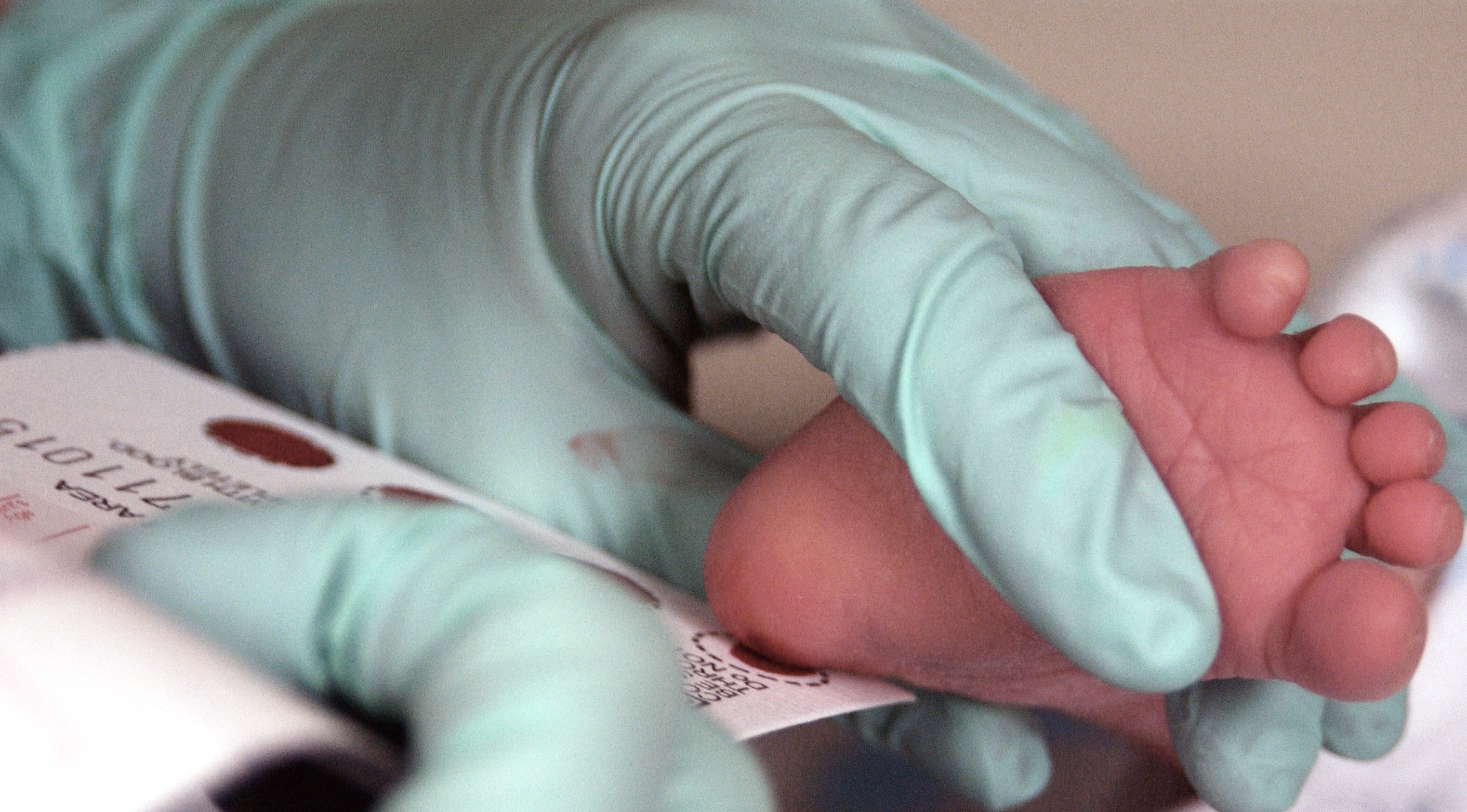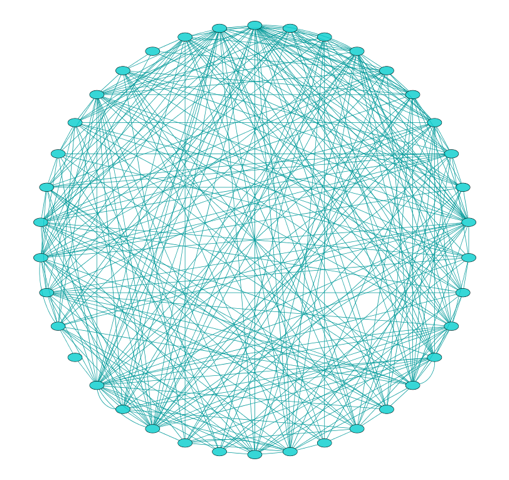Prediction of Pathogenic Genetic Variants
We are interested in building and applying methods for prediction of pathogenic variants from genome sequencing efforts. To that end we have developed MutPred for predicting disease-causing amino acid substitutions and other methods focusing on regulatory, splicing sensitive, frame shiftinga and indel variants.


Method Assessment Using Community Challenges
Methods can be unbiasedly assessed using Critical Assessment Challenges. To that end, we are a co-organizer of the Critical Assessment of Functional Annotation and have been the Assessor of the Personal Genome Project Challenge for the Critical Assessment of Genome Interpretation.
Data Science in Clinical Research Informatics
We are transforming EMR data to computable features and then applying supervised and unsupervised approaches for predicting the answers to clinically interesting questions. It is our long term goal to implement these methods as appropriate decision support.


Leadership in Research Information Technology
As Chief Research Information Officer (CRIO), my Research IT team strives to build the platforms and governance models for access of clinical data for research use. We enable access to clinical data repositories for cohort discovery and the construction of the Learning Healthcare System. We also support clinical trials including electronic data capture and management.




